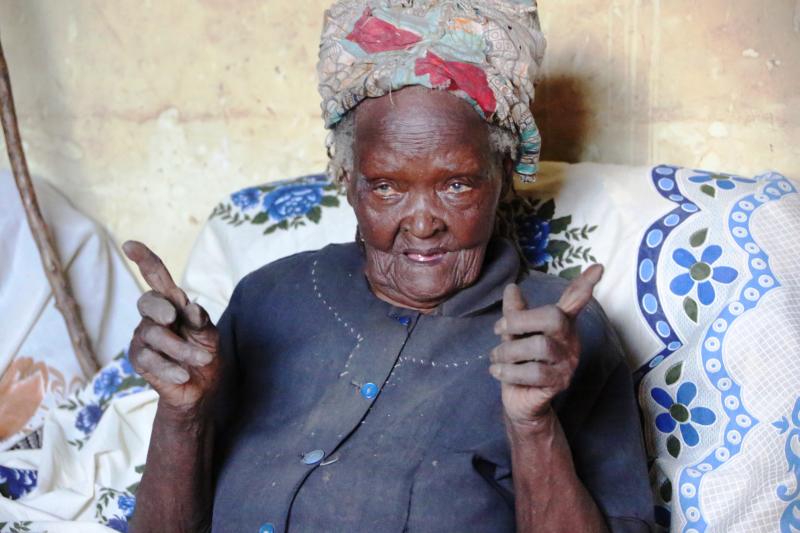×
The Standard e-Paper
Smart Minds Choose Us

This is a story of love that started from the woods and brought together two warriors who would later on be part of the struggle for independence.
That was in 1952 during the state of emergency.